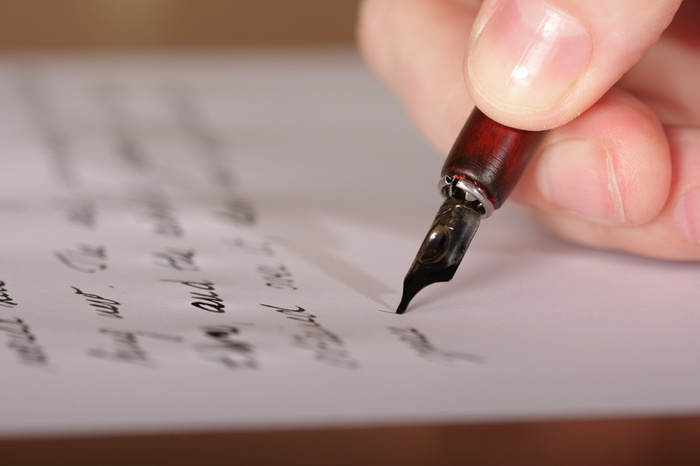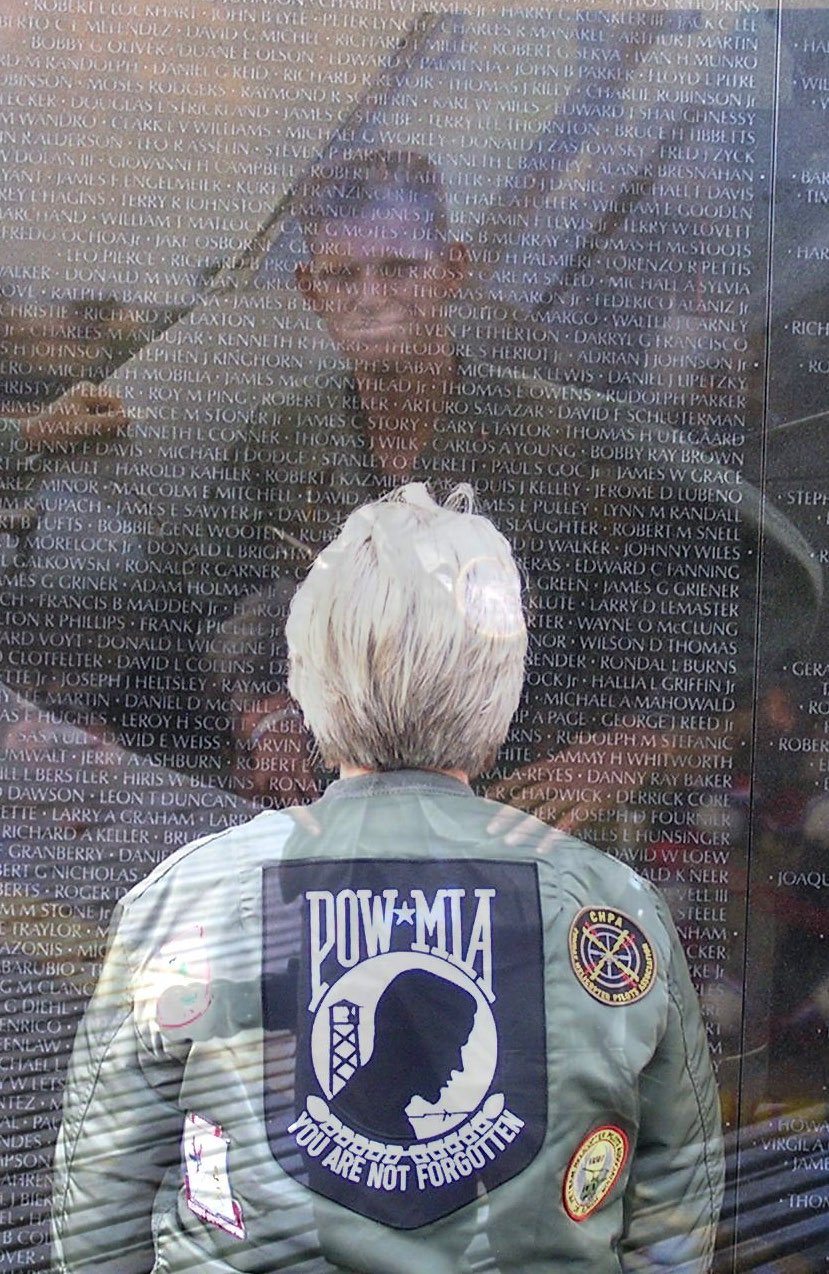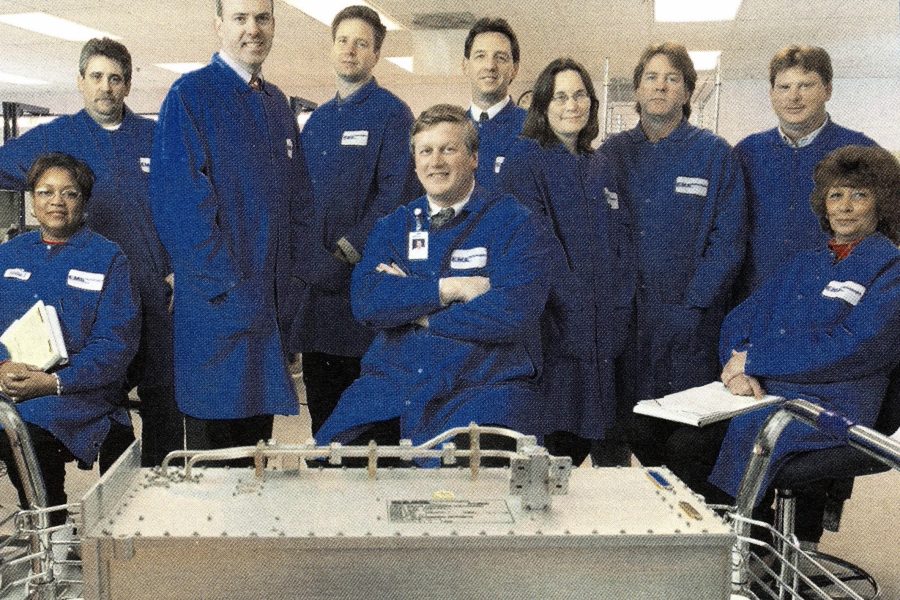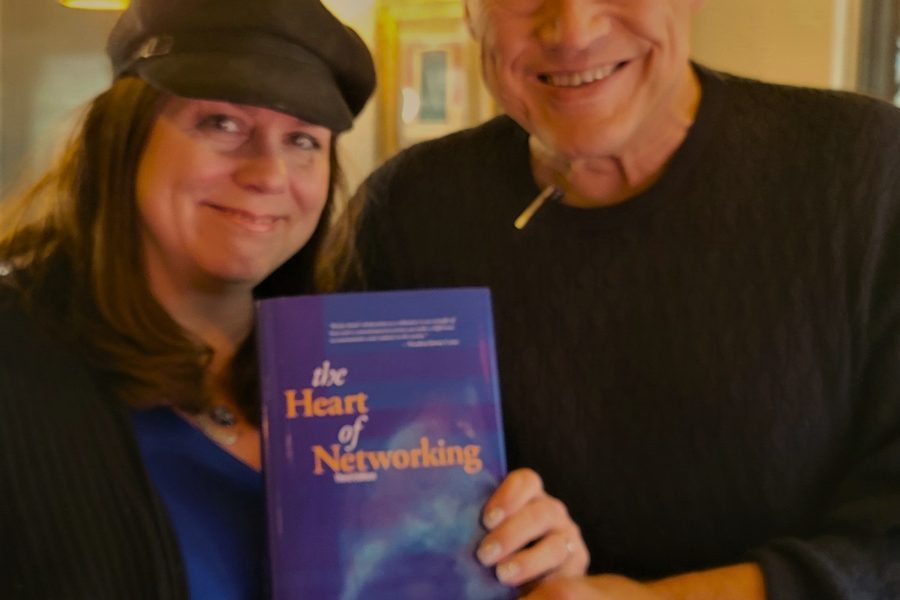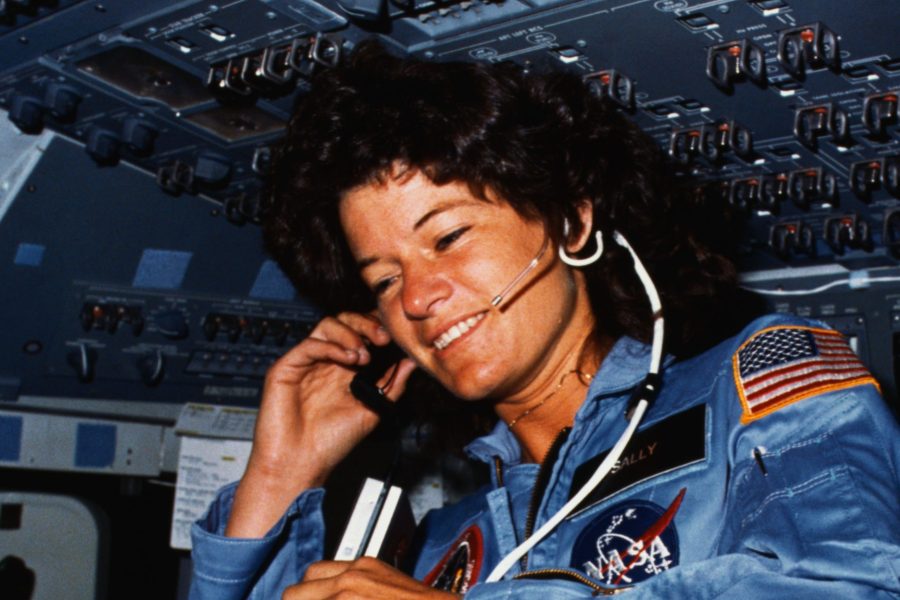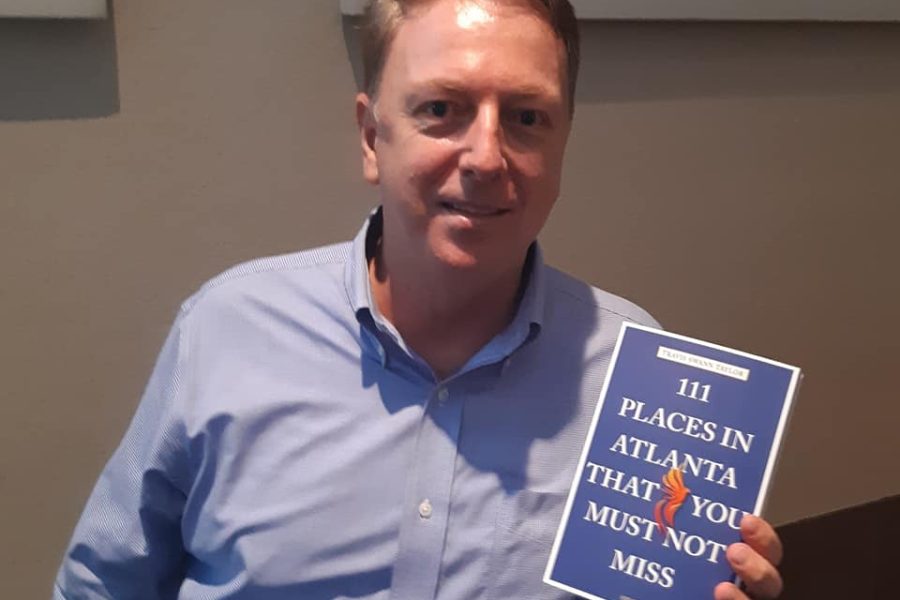In a box in my closet, I have letters from my mother, who passed away nine years ago this past August. I also have letters from my grandmother and a beloved aunt, no longer living, who wrote me for more than 20 years.
These letters are precious, among my most prized possessions. The creased pieces of stationary and cards represent time capsules from their lives. I still hear my mother’s and other loved ones’ voices in my ear as they convey their thoughts about everyday events, their concerns for the future, and above all, their love for me.
There’s something about a letter that is so much more personal than receiving an email. Maybe it’s the time it takes to craft a letter – and the fact that it’s a form of storytelling. That’s why I love the technique fellow writing group member Susan Jimison is using to 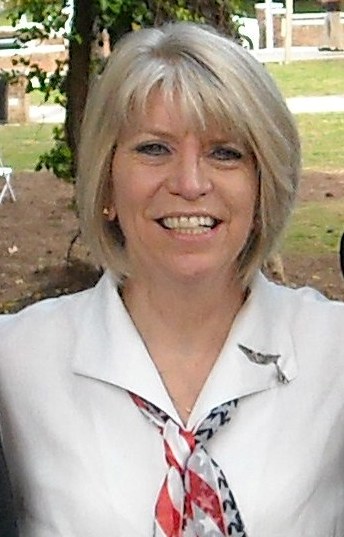 write her memoir about her brother, Mark Clotfelter, a pilot who died in Vietnam when she was only 14 years old: as a series of letters to him. It’s powerful, touching, and gives a personal authenticity to her story that I don’t think would have been achieved through a traditional narrative.
write her memoir about her brother, Mark Clotfelter, a pilot who died in Vietnam when she was only 14 years old: as a series of letters to him. It’s powerful, touching, and gives a personal authenticity to her story that I don’t think would have been achieved through a traditional narrative.
Susan paid tribute to her brother on The Writing Well in May 2012. She also was featured in a nationally syndicated AP story that ran last Memorial Day about how family members are remembering loved ones lost in war. Below, she shares her journey writing “Dear Mark,” which is now in the book-proposal stage with potential publishers.
_______________________________________
Q. Why did you decide to write your memoir of your brother in the form of letters?
I began writing a traditional memoir and struggled. I had never done anything like it before. Writing about my brother’s heroic feats during the Vietnam War felt very unnatural for me. It was almost like I was trying to tell a war story. A war I was never in. So, at the suggestion of fellow writer, Mari Ann Steffaneli, I tried epistolary style. Writing letters to my brother is exactly what I had done forty-three years earlier. And so, I continued writing to him, to tell his story, in letter form. It felt natural and that showed in my writing.
Q. How old were you when you lost him?
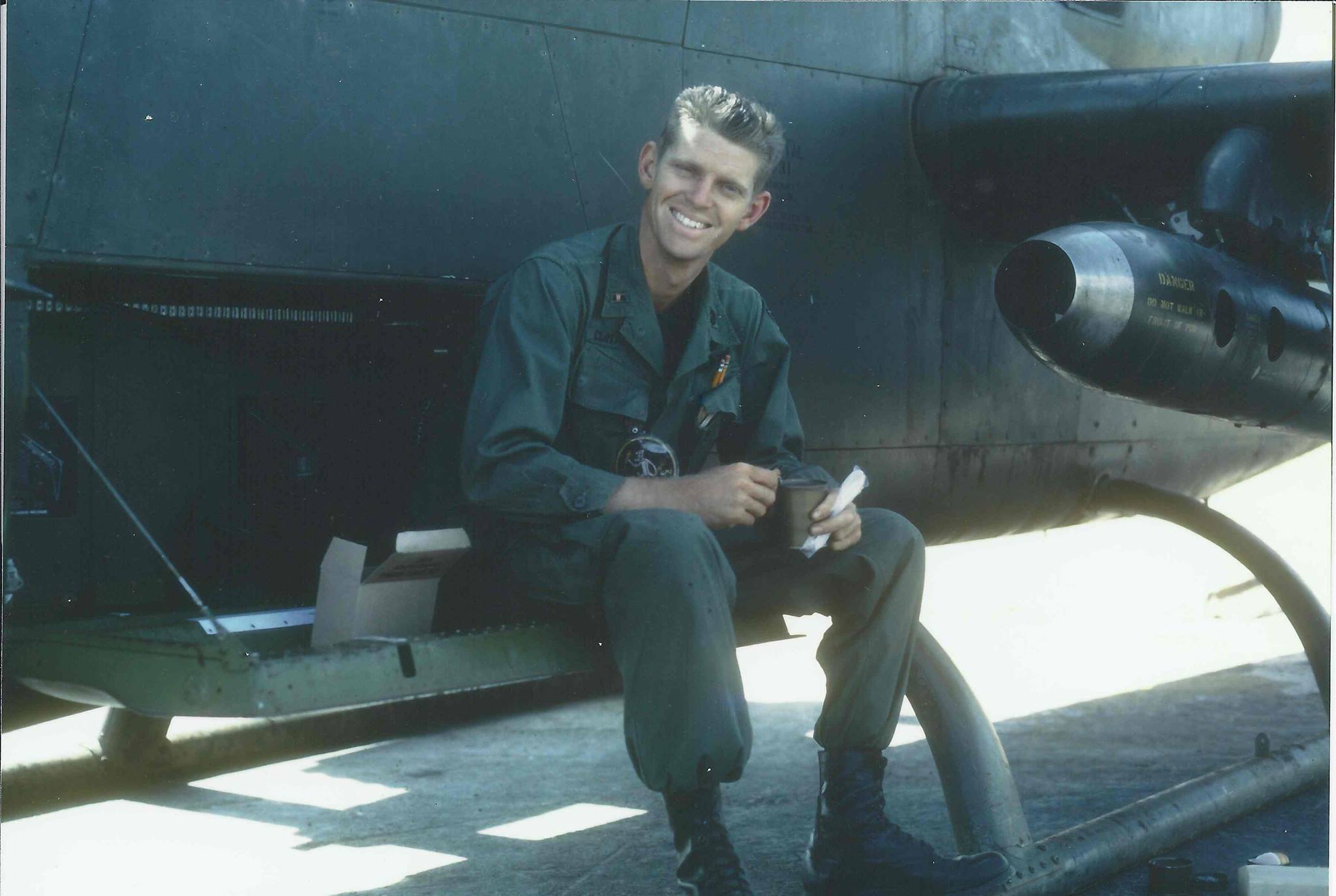 I was fourteen when Mark was killed in Vietnam. He was the only boy out of the five of us kids. Our family was never the same since the summer we lost him.
I was fourteen when Mark was killed in Vietnam. He was the only boy out of the five of us kids. Our family was never the same since the summer we lost him.
Q. What is it about letter writing that is personal, enduring compared with today’s more common form of communication – email?
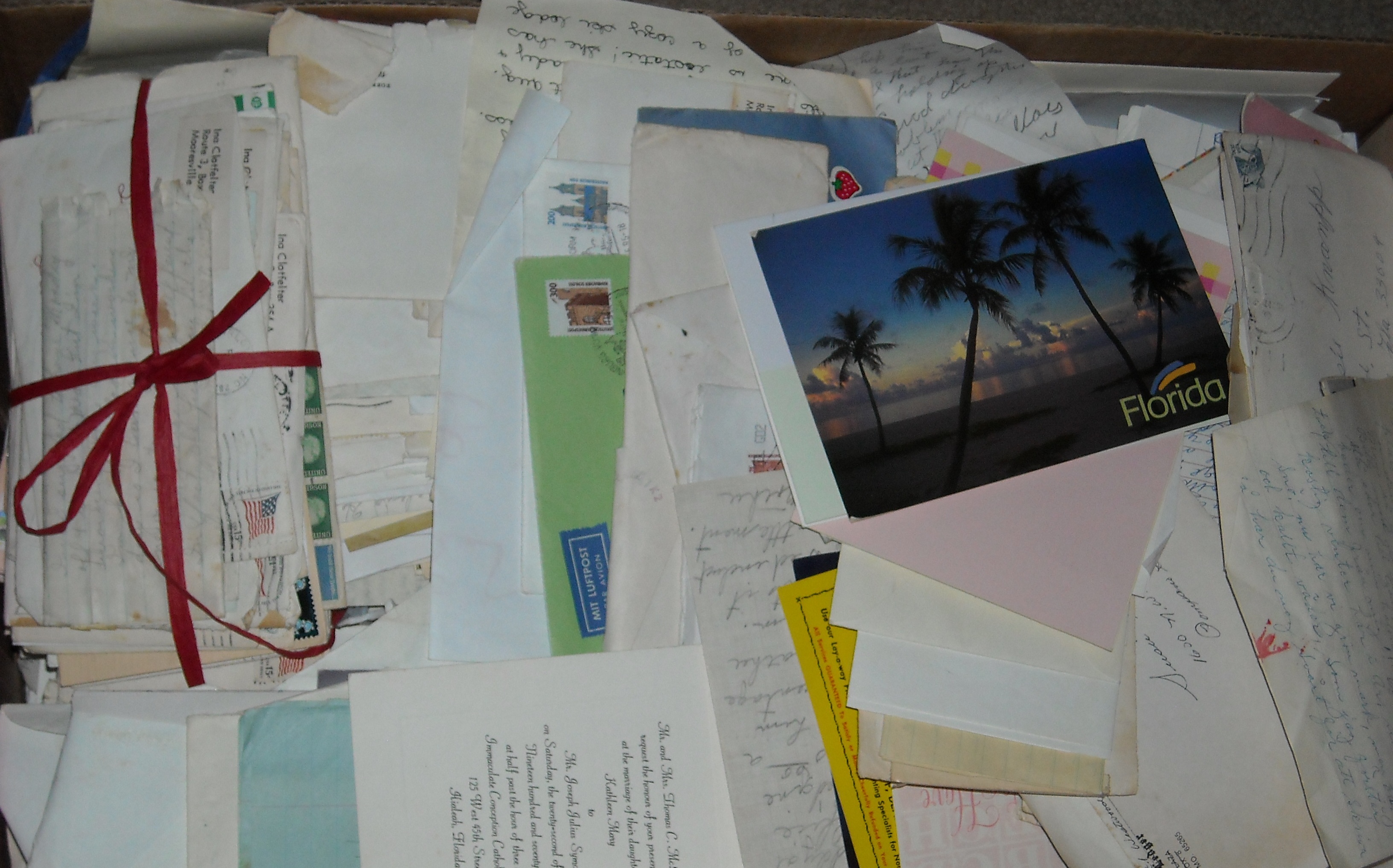 Emails are not personal. Dear at the beginning and Love at the end is nonexistent. That is not to say that the emails to our loved ones couldn’t have those endearments but as a rule they are not used.
Emails are not personal. Dear at the beginning and Love at the end is nonexistent. That is not to say that the emails to our loved ones couldn’t have those endearments but as a rule they are not used.
But that isn’t all. I have a box full of letters under a bed — letters from an aunt in Alabama that used to write me every month until she died at the age of ninety-nine. I wondered the other day why I saved all those letters so I began reading them. I soon realized they were full of family history. In one letter she told me about her mother dying when she was very young and how her “Daddy let little Stella, too young to go to school, but she went because he had to work in the field. She wrote about being thankful she was still able to live on her own and walk across the street to church ever Sunday. Her handwriting got worse as she went from eighty-eight to ninety-eight but it amazed me every time I opened to mailbox and found another letter. When was the last time you opened your mailbox to get a letter from a ninety something year old?
I still have letters from my mother, father, sisters, husband, friends and yes, priceless letters from my brother. Recently, I have decided two things though. I will begin writing my grandchildren regular, old fashion letters. They don’t have to be long. And I can add photos or an occasional five dollar bill for an ice cream cone. My other decision is to burn personal letters that will serve no purpose to anyone when I am gone. Aunt Effie May’s letters? Mark’s? No, those are priceless. Letter with family history will be passed on to the next generation. My goal is to scan them into Ancestry.com.
Q. Who are you targeting with your book? When do you expect to have it published?
The people who I feel will most be interested in my book will be anyone who has been affected by a war or perhaps was too young during the Vietnam War to understand. Present- day military and perhaps military buff will read it. I hope it will help those who have lost someone to war when they realize we had similar thoughts and fears — from my lowest level in grief to finally reaching the stage of understanding and acceptance.
My memoir “Dear Mark” is in the book proposal stage and while I wait to hear back from those proposals I continue to write the final chapters. As you know, if I received a book offer today it will be at least a year before I will see it in print. It is such a long process.
__________
Learn more about Susan Jimison’s memoir about her brother on her author page, http://susanclotfelterjimison.com/.

